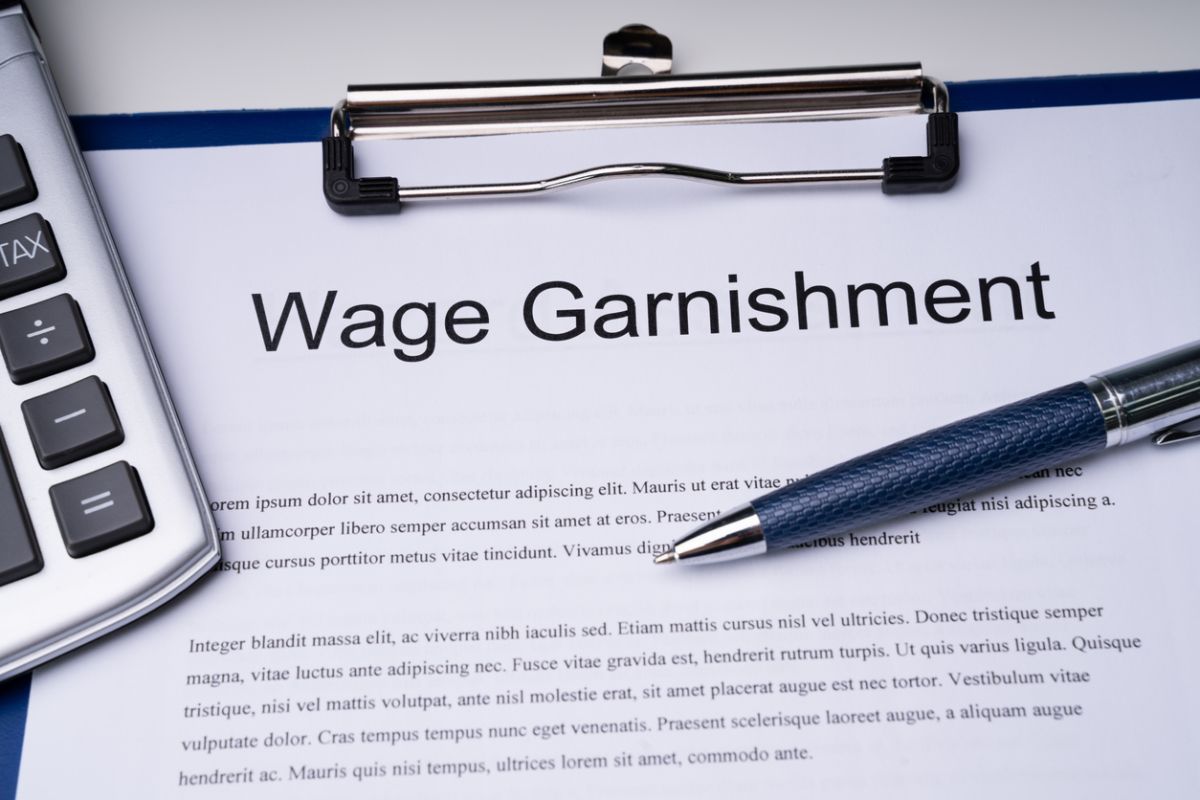A collection judgement starts when you have borrowed money from a lender, but you aren’t fulfilling the legal obligation to pay back the debt you owe. When a lender is not successful in collecting payment, they may file a lawsuit against you. If the lender wins the case against you in court, the result is a judgment against you. At this point, the lender you owe has more ways to enforce collection your debt, including a wage garnishment. A seasoned debt defense attorney in Tennessee can help.
How Do I Know a Judgement Has Been Issued Against Me?
If a case has been won against you in a Nashville court, either because you did not respond to the lawsuit or the court finds you obligated to repay the debt, there are several ways you may find out. Judgments are not something that should appear overnight or unexpectedly. Typically, you should receive notice when an attorney has filed the lawsuit, but it is possible you were served improperly or not served at all.
When you are notified of an outstanding judgment, you will likely be informed by mail, a phone call from collection attorneys, a notice of wage garnishment from your employer, a freeze on your bank account, or possibly just a routine credit check.
What Can Happen if a Judgment Was Issued Against Me?
A lender in Franklin may have previously sent letters in the mail or made phone calls attempting to reach you, but once the lender has won a lawsuit against you, they now have more tools to collect the debt. The judgment becomes a public record and can appear on credit reports and background checks. At this point, the creditor is legally allowed to enforce the debt by investigating you to find any assets that have and seizing them.
A judgment may also affect your incoming funds, like paychecks. A creditor may garnish your wages and freeze your bank account. While this is legal, only 25% of your gross income can be garnished per pay period.
In some instances, professional licenses can get suspended. If the judgment is related to an auto accident, your driver’s license may be suspended as well.
How Can I Resolve the Matter?
If you have a judgment against you in Davidson County, you do have a few options available to settle the matter. These include vacating, satisfying, or discharging a judgment.
If you attempt to vacate a judgment, you must appear in court to challenge the judgment. This could be an option if you did not receive notice of legal action filed against you. Hiring a debt defense attorney to represent you in court is helpful to explain why you did not appear in court for an initial hearing. If a judge rules in your favor and finds fair notice of the lawsuit was not given, then the case can be contested.
If you don’t have the option to vacate the judgment, you can attempt to settle it. If you attempt to settle a judgment, it means you come to a settlement with your judgment creditor or accept the terms of the judgment. Accepting those terms may mean satisfying the judgment with property liens or wage garnishment. Attorneys are very useful in this stage, as an attorney may help you to negotiate a reduced settlement.
The last option is to discharge a judgment. When discharging a judgment, you are eliminating the debt in bankruptcy. As with the other two options, a debt defense attorney can help you make decisions in your best interest.
If a judgment has been filed against you, the skilled debt defense attorneys at Fitzgerald & Campbell, APLC, can help you fight a judgment in Tennessee to protect your assets and reputation and resist a wage garnishment. Contact them at 615-845-4595 or complete the contact form to request a consultation.






